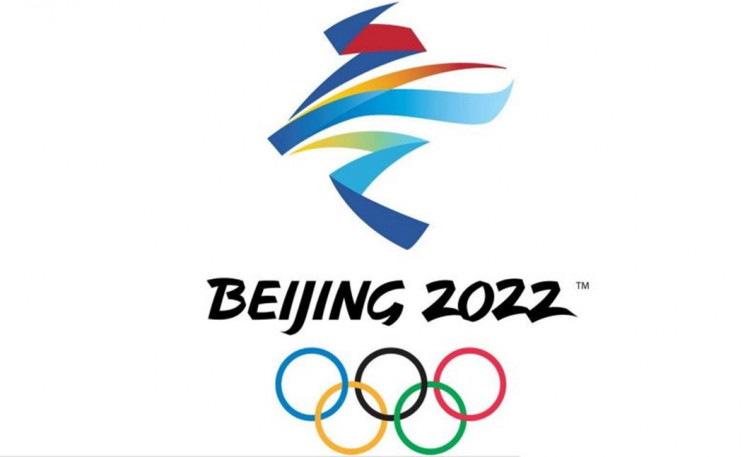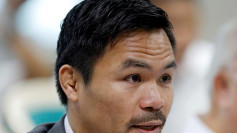Climate change will limit where future Winter Olympics may be held in the Northern Hemisphere, a study from the University of Waterloo in Ontario, Canada has found.
According to the study, which included researchers from Canada, Austria, and the United States, if global greenhouse gas emissions are not dramatically reduced, only one of the 21 cities that have previously hosted the Winter Olympics will be able to reliably provide fair and safe conditions for the Games' snow sports program by the end of this century.
"The world of winter sport is changing as climate change accelerates, and the international athletes and coaches we surveyed are witnessing the impacts at competition and training locations, including the Olympics," Daniel Scott, a professor of Geography and Environmental Management at Waterloo," said.
If the Paris Climate Agreement's emission objectives are met, however, the number of climate-reliable host cities will increase to eight, with only six rated unreliable cities remaining.
The researchers looked at historical climate data from the 1920s to the present day, as well as prospective "low-emission" and "high-emission" climate change scenarios for the 2050s and 2080s, to conduct their research.
St. Moritz and Lillehammer, for example, were considered to be Olympic relics by the mid to late century, with unstable weather ruling them out as hosts.
The study also revealed the average February daytime temperature of host cities has consistently grown - from 0.4 Celsius during the 1920s to the 1950s, to 3.1C during the 1960s to the 1990s, and to 6.3C during the 21st century Games, including next month's Beijing Games.
Even under the lowest emissions scenario for the 2080s, the study concluded that the winter sports venues of Palisades Tahoe, California; Chamonix, France; Garmisch-Partenkirchen, Germany; Turin, Italy; Sochi, Russia; and Pyeongchang, South Korea would be unreliable.
The authors also polled 339 athletes and coaches from 20 countries, finding that 89% of them agreed that shifting weather patterns had an impact on competition conditions. According to the report, 94% of these athletes and coaches are concerned about how climate change would effect the development of their careers in the future.
The report also stated that higher collision and injury rates among winter sports participants can be ascribed in part to higher ambient temperatures and poor snow conditions.
The last three Winter Olympics have seen the highest rates of injury among alpine skiing, snowboarding, and freestyle athletes (55% higher versus other Winter Games).
The study, Climate change and the future of the Olympic Winter Games: athlete and coach perspectives, is published in the journal Current Issues in Tourism.




